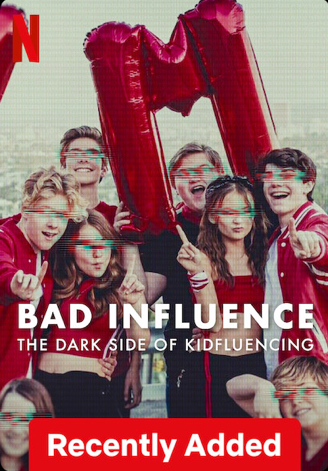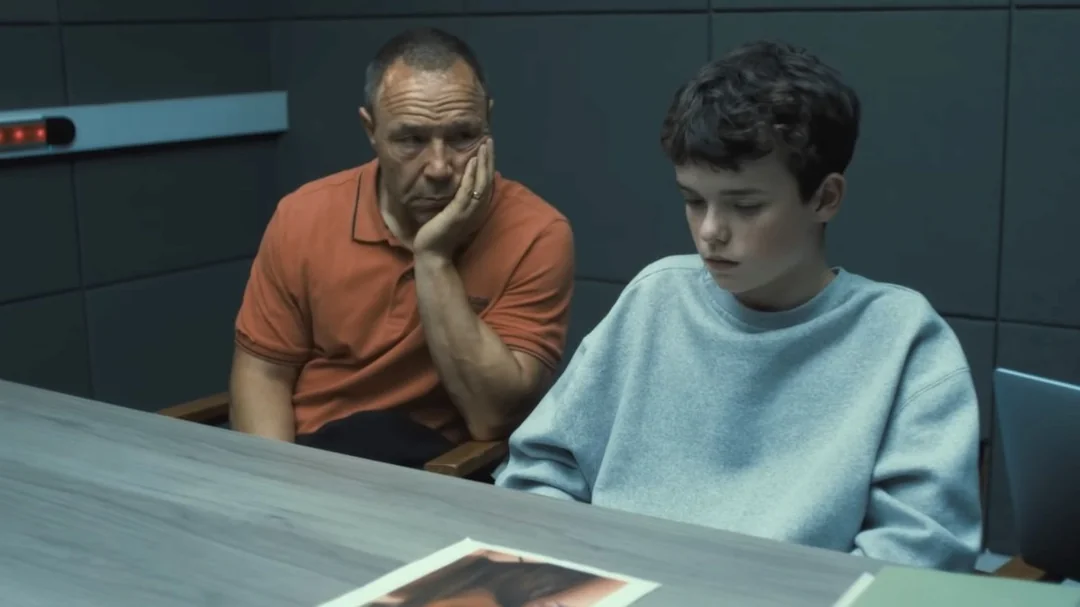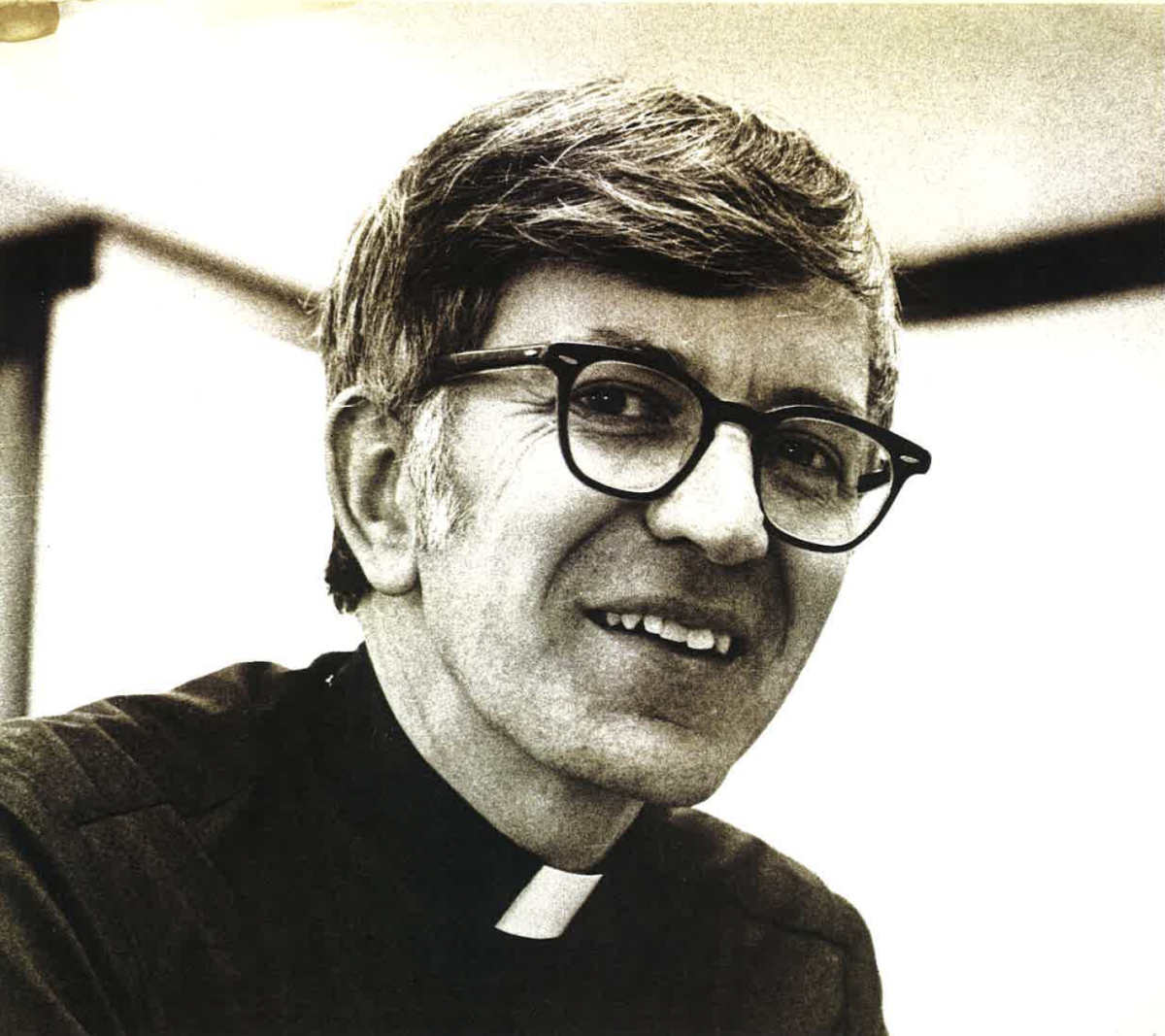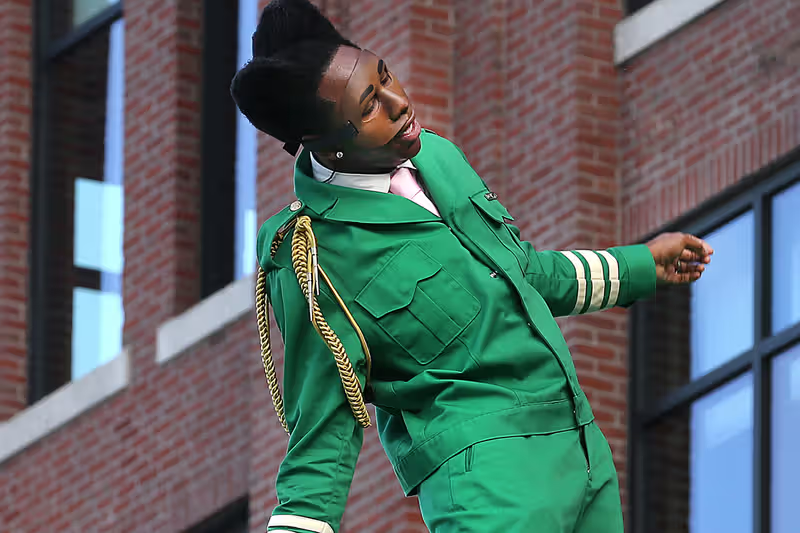“Are you…English?”
“No, I’m not English. Why?”
“No, because you…you are pretty.”
Confused? I am too. This bizarre interaction is just a peek into the many flaws that make Emilia Pérez one of, if not the worst film of 2024. The Netflix film, which stars Karla Sofia Gascón, Zoe Saldaña, and Selena Gomez, tells the story of Manitas (Gascón), a notorious drug cartel boss, who enlists struggling lawyer Rita Mora Castro (Saldaña) to help him fake his death and change his identity by transitioning into a woman: Emilia Pérez (also Gascón). A few years later, Emilia asks for Rita’s help again to lead an organization focused on wrapping up cold missing person cases and to reconnect with her ex-wife, Jessi (Gomez), and their kids whom she left behind. In theory, the plot could have held a lot of promise, but through a muddled screenplay that mocks the struggles of Mexican and transgender communities, unconvincing performances, and tone-deaf musical numbers, Emilia Pérez shapes up to be a cultural trainwreck.

The controversial film debuted at the Cannes Film Festival last May and was met with generally positive reviews from critics, being hailed for its ambitious nature and a driving narrative that highlights important issues. Most recently, it has been making waves at award shows, receiving accolades upon accolades. At the Golden Globes, the film won the award for Best Motion Picture – Musical or Comedy, beating out other prominent films such as Wicked, The Substance, and Challengers, amidst three other wins and ten nominations overall. The film was also an Oscars front-runner, nearly tying the record for most nominations for a single film with a whopping 13 nominations, and took home the awards for Best Original Song for “El Mal” and Best Supporting Actress for Zoe Saldaña. While the film may have been an awards darling, to call it a success would be a complete mistake.
Emilia Pérez’s first issue lies in its production choices. Filming took place in the Bry-sur-Marne studios located on the outskirts of Paris. French director Jacques Audiard and Production Designer Emmanuelle Duplay took various trips to Mexico City in search of the perfect location to film their love letter to Mexico but ultimately settled on…France. Audiard defended his decision, stating that the controlled feeling of a studio allowed them to obtain a mix of “…strong abstraction and something very, very realistic” (Netflix Tudum), which helped shift between the film’s heavier themes and its flashy choreography moments. While the location choices may have aided in the film’s cinematography, the constructed sets result in an artificial environment that projects a very stereotypical view of Mexican culture.

However, phony sets and a largely French crew are far from the only reasons why Mexican viewers are upset with the film. Many are upset with the casting choices, as Gascón is Spanish and Saldaña is Dominican, while fellow cast members Édgar Ramirez and Anabel Lopez are Venzuelan and Belgian, respectively. While Selena Gomez is a third-generation Mexican-American, Gomez herself has stated that she has lost touch with her heritage and her Spanish-speaking abilities. Her forced accent has led her to be subject to ridicule online, most notably from famous Mexican actor Eugenio Derbez, who called her performance “indefensible” (although he later apologized for his comments). Casting director Carla Hool claimed that her team couldn’t find any Mexican actors suitable for the roles, stating that the best solution would be to adjust the authenticity of the film – but why would a movie centered around Mexican culture give up the authenticity of its story? With the only Mexican actress in the main cast being Adriana Paz, the performances create a jumble of different accents and stereotypes that result in a culturally confusing atmosphere. Mexican viewers aren’t the only ones offended by Jacques Audiard’s film though. While many were focused on the downplaying and romanticization of urgent social issues in Mexico, like drug cartels and corrupt leaders, others called out Emilia Peréz’s character for being a “retrograde portrayal of trans people” (GLAAD). Karla Sofia Gascón made history as the first transgender woman to be nominated for Best Actress at the Oscars. Still, many viewers were unsatisfied with how she and the film portrayed trans people, making Emilia Pérez a large controversy in the LGBTQ+ community – although Gascón seems to have her own controversies to worry about.
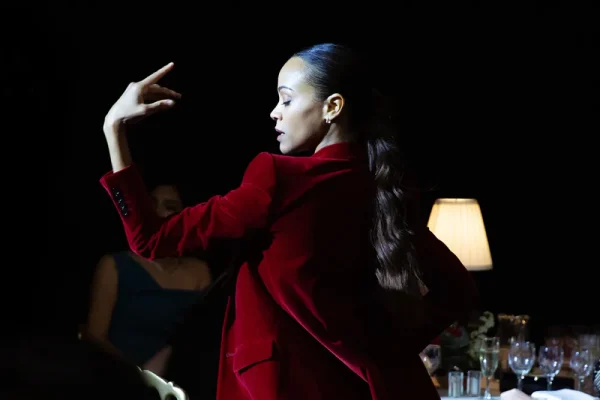
What is probably the most perplexing about Emilia Pérez is that it’s…a musical? On top of a French filming location and a French crew, the soundtrack and musical numbers were written and composed by (you guessed it!) French songwriters and musicians Clément Ducol and Camille. With a plot that already ridicules and trivializes the social issues it claims to “uplift,” putting them to musical numbers that hold no real message, or even purpose, seems to be the final blow. Songs like the Oscar-winning “El Mal” sound like something any Spanish-speaking middle schooler could have written, while others like “Mi Camino” leave viewers wondering whether or not they were just the victim of some kind of joke. However, it appears that some of the actors weren’t well suited for the songs written for them. While vocal performances were amateurish across the board, sound technicians reportedly used AI to expand Karla Sofia Gascón’s vocal range and blended her voice with Camille’s, who assisted the actress in her singing. Aside from lacking any heart or substance in their lyrics and so-called “emotion,” the songs also lack any Latin influence, making their presence in the movie even more confusing. The unnecessary musical numbers only cause the film’s painfully long 130-minute runtime to feel even more dragged out than it already is.
Why Emilia Pérez received so much critical praise and recognition was a question that haunted millions of viewers. Because of such a poorly composed narrative, Emilia Pérez fails to tell the story of the people it aims to shed light on – even if Zoe Saldaña says that was never the purpose. The film should be taken as a cautionary tale for directors in the future as they explore other cultures around them. Regardless, one thing is for sure: Emilia Pérez will go down as one of Hollywood’s biggest failures of the decade.


